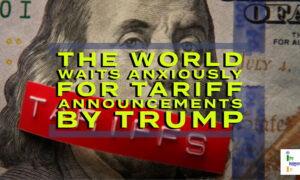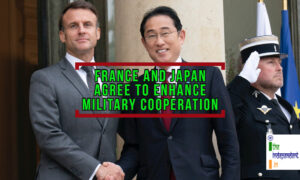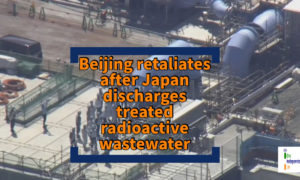
Typhoon JEBI hits Japan – strongest typhoon in 25 years slammed into the western part of the country on Tuesday, bringing heavy rain and reports of winds up to 172km/h (107mph), killing at least seven, injuring more than 200 and leaving thousands of people stranded. Hundreds of flights, trains and ferries have had to be cancelled.
In Osaka Bay it swept a tanker into a bridge. A 2591-ton tanker slammed into the sole bridge that connects to the Kansai International Airport leaving it unusable because of which more than 5000 passengers are stranded at the airport. Heavy flooding prompted the Transport Ministry to close down the entire airport, which is built on reclaimed land.
In Kyoto, some people were injured after the ceiling at Kyoto Station partially collapsed, according to local police.
Officials ordered more than a million people in affected areas to evacuate their homes amid warnings of high waves, flooding and mudslides. Power was out at 1.61 million houses in Fukui, Shiga, Kyoto, Osaka, Hyogo, Nara and Wakayama Prefectures on Tuesday, in addition to 95,000 houses in the Shikoku region.
Prime Minister Shinzo Abe, has cancelled his trip to Kyushu region to deal with the typhoon. He has been traveling across the country in an attempt to secure support for his bid for the ruling Liberal Democratic Party’s presidential election later this month. Abe had faced criticism over his initial response to heavy rain that pounded western Japan in July.
The country has been hit by a succession of typhoons and disasters related to heavy rain with major storms landslides and massive floods – the worst in decades – which left more than 220 people dead in July. This summer it had one of extreme weather followed by a record deadly heat.







